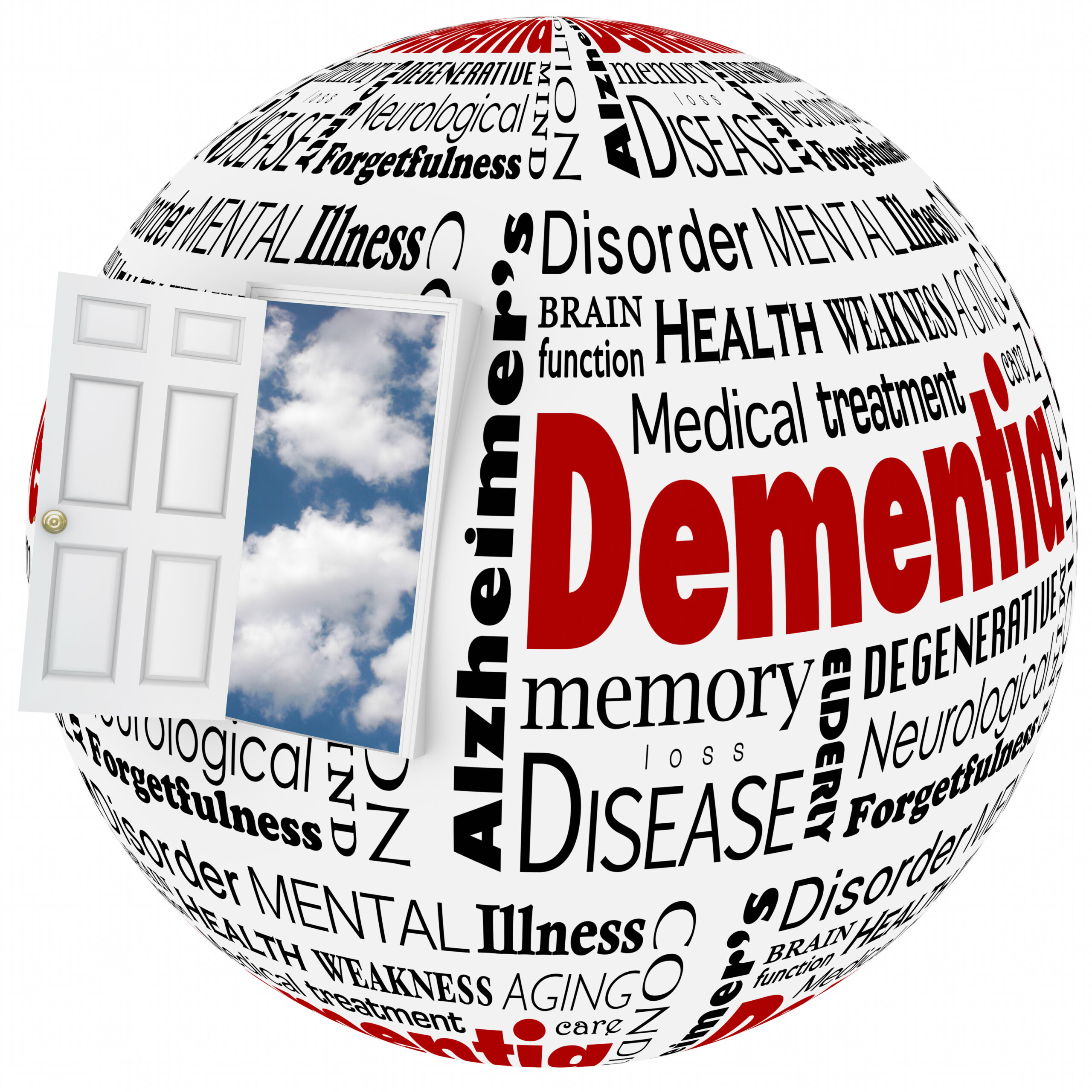A new way to measure aging and disease risk with the protein aggregation clock
Could measuring protein clumps in our cells be a new way to find out our risk of getting age-related diseases? Professor Dorothee Dormann and Professor Edward Lemke of Johannes Gutenberg University Mainz (JGU), who are also adjunct directors at the Institute of Molecular Biology (IMB) in Mainz, propose the concept of a “protein aggregation clock” …











